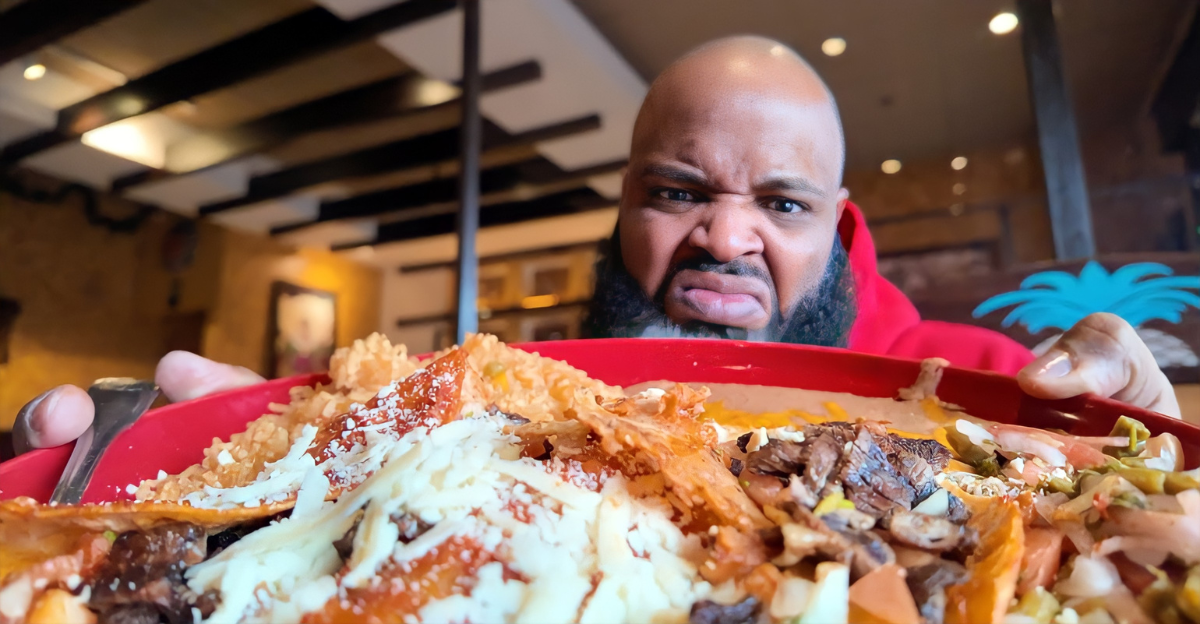
People across the U.S. love Mexican cuisine. Yet many Mexican restaurant chains perennially fail to meet sophisticated diners’ expectations. Despite the deep, rich history of the food, the mass-market chains far too often present dull, generic renditions that do not satisfy either casual consumers or food snobs.
This disconnect is not merely one of flavor; it is a matter of cultural dilution, operational concessions, and economics. The irony is sarcastic: the more Mexican cuisine is in vogue, the poorer most chains perform. This article exposes the 10 worst American Mexican chains, why they don’t perform, and what that means for the future of Mexican cuisine in America.
1. Taco Bell
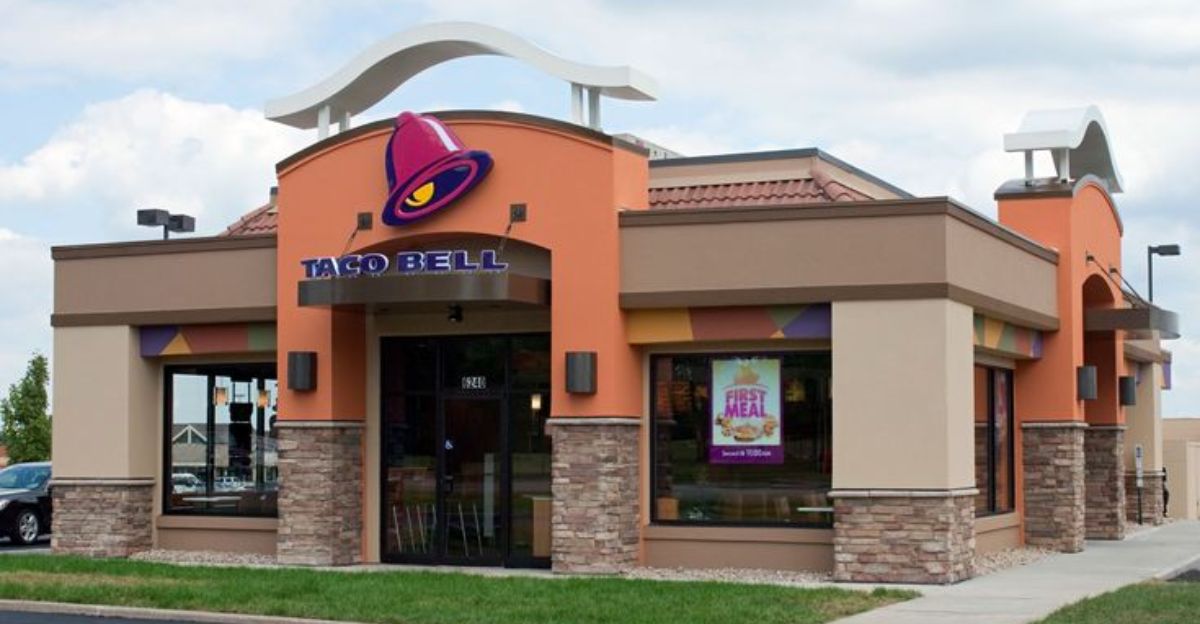
Taco Bell takes the lead with over 7,000 stores, making $12 billion annually, but it’s the ultimate symbol of Mexican food commodification.It’s offerings are far removed from real Mexican food – consisting of highly processed food items and imaginary substitutes.
The critics state Taco Bell’s “Mexican style” food promotes stereotypes and cultural appropriation that separates real Mexican communities. Many customers have a flat, equity deficient experience that favors cost and convenience over flavor and nutrition.
Taco Bell’s market success is a double-edge sword – Mexican food has hit the mainstream consumer market with a lack of authenticity culinary integrity
2.Chipotle Mexican Grill
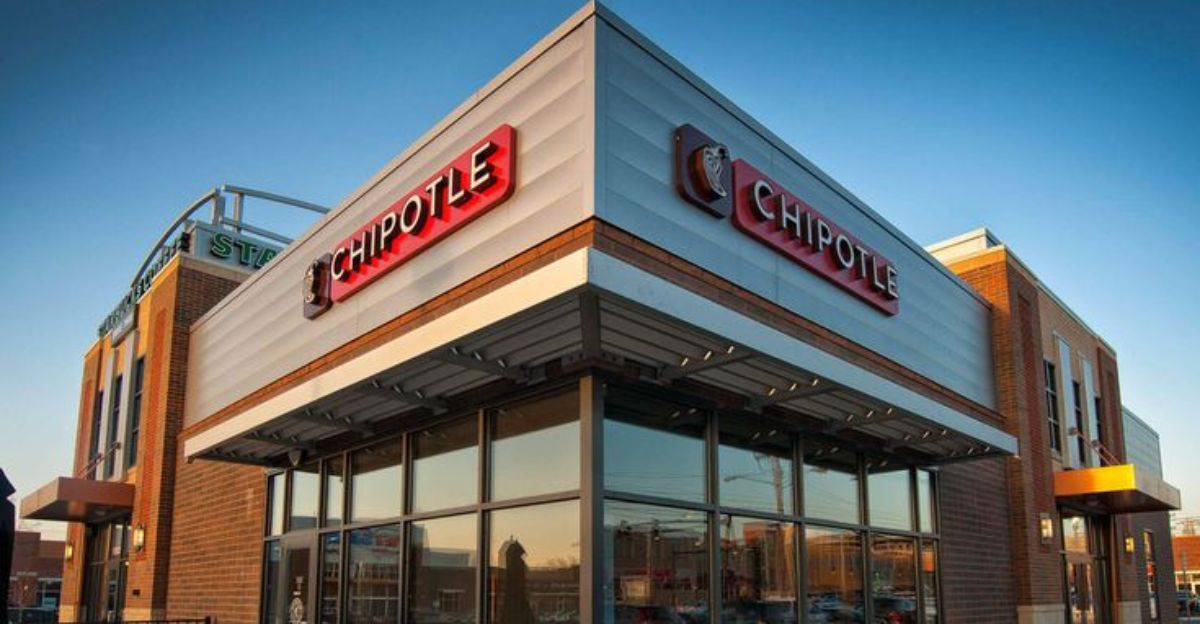
The Chipotle restaurant concept delivers fresh, make-your-own Mexican cuisine in a new fast-casual dining setting.
However, as time went on, problems with food quality, uneven portion sizes, and weakened flavors caused Chipotle’s growth to falter in its unwavering reputation.Customer feedback includes smaller portions and a more “diluted” flavor.
It may be due to inflationary pressures and supply chain compromises. One company’s failings are a good example of how stretching a “fresh” story can have catastrophic effects on customer loyalty and devotion.
Chipotle’s struggles have reminded us about the difficult balance of growing a brand and preserving quality standards, and that innovation alone will not maintain greatness.
3. On The Border
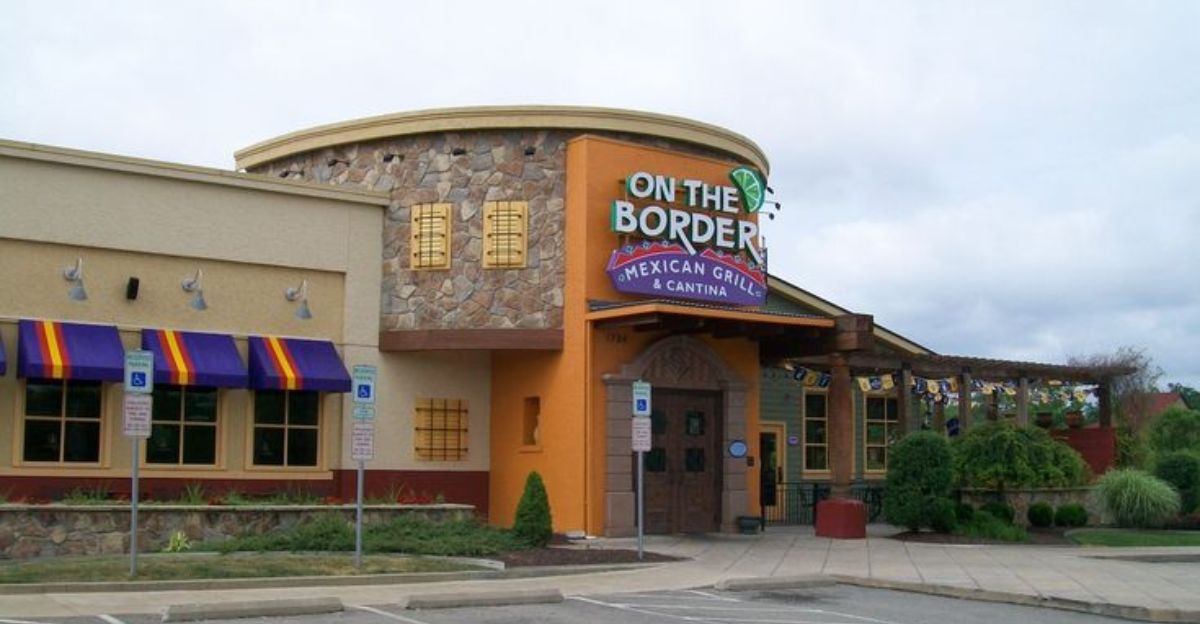
After liquidating 77 locations, On The Border, once one of the most well-known Tex-Mex franchises, filed for Chapter 11 bankruptcy in 2023. Food has losing flavor, portions are getting smaller, and service quality has declined as a result of labor disputes and inflation.
Despite being a well-known chain, they may do better to increase their offerings and uphold the standards of experiments. When clients are declining, businesses should be concerned about enhancing performance and retaining clients’ loyalty.
In a cluttered market where value and authenticity are essential, On The Border represents a classic example of how complacent brands can become irrelevant when consumers’ demand for authenticity changes.
4. Qdoba Mexican Eats
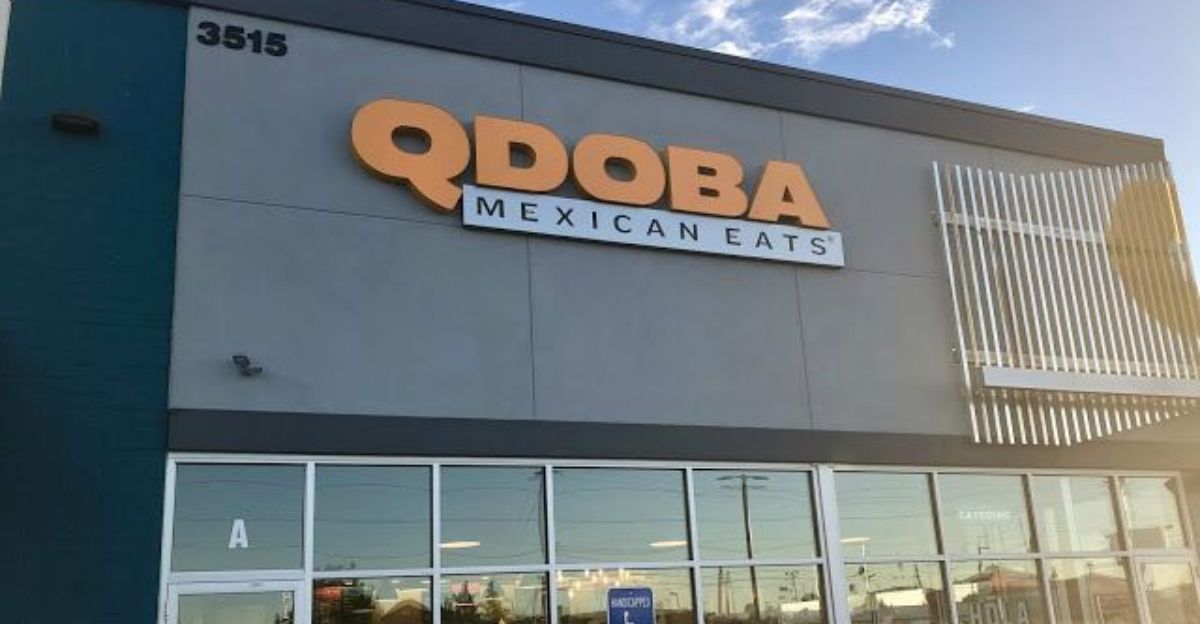
Qdoba markets itself as a customization company, but people usually find its offerings incoherent and uninspired. The circular flavors offered on the menu and the generic ingredients cannot capture the rich complexity of Mexican cuisine.
The food is dull and unimaginative, while the chain is a comfortable place to refer to. The gradual loss of food identity reflects a bigger situation in the industry where chains opt for ‘customers’ rather than authenticity and could leave customers looking for authentic Mexican taste and experience
5. Uncle Julio’s
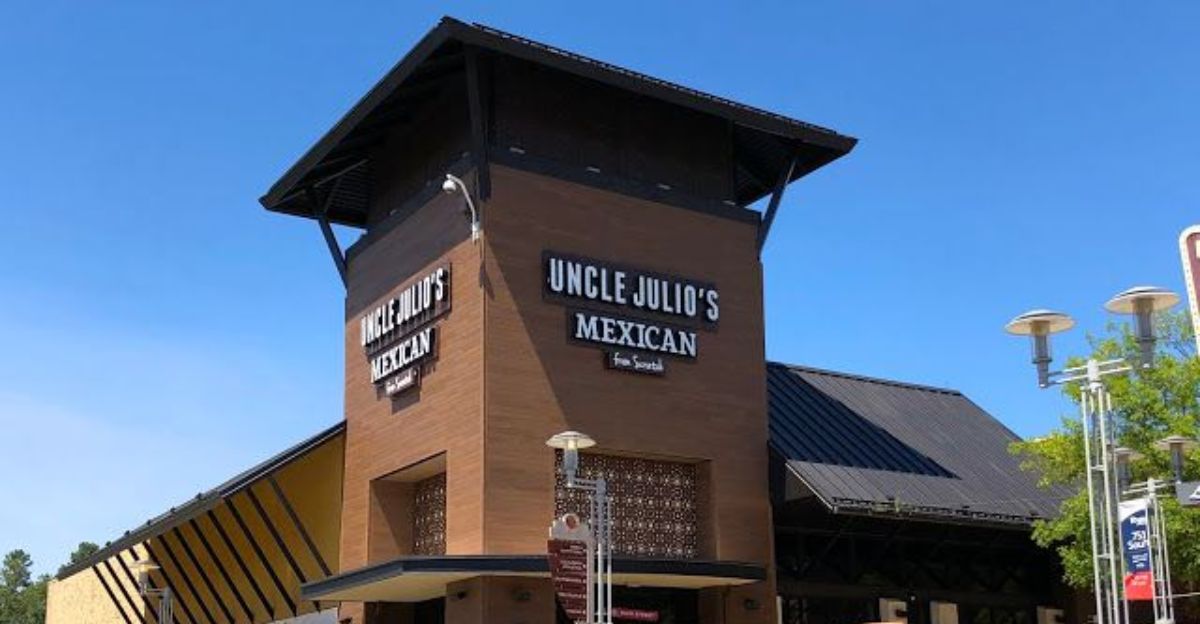
Uncle Julio’s once represented fresh and fun Tex-Mex-style food made from scratch. Recent consumer reviews indicate these experiences have been mediocre. The chain’s clients have reported freezer-burnt fish tacos and uninspired, lackluster options, where previously on the plate, the chain’s unique offerings would shine.
It suggests mismanagement and complacency, which destroy brand loyalty. Uncle Julio’s example demonstrates how outdated franchises can lose their clientele when culinary care is compromised in favor of cost-cutting and shoddy execution.
6. Chuy’s
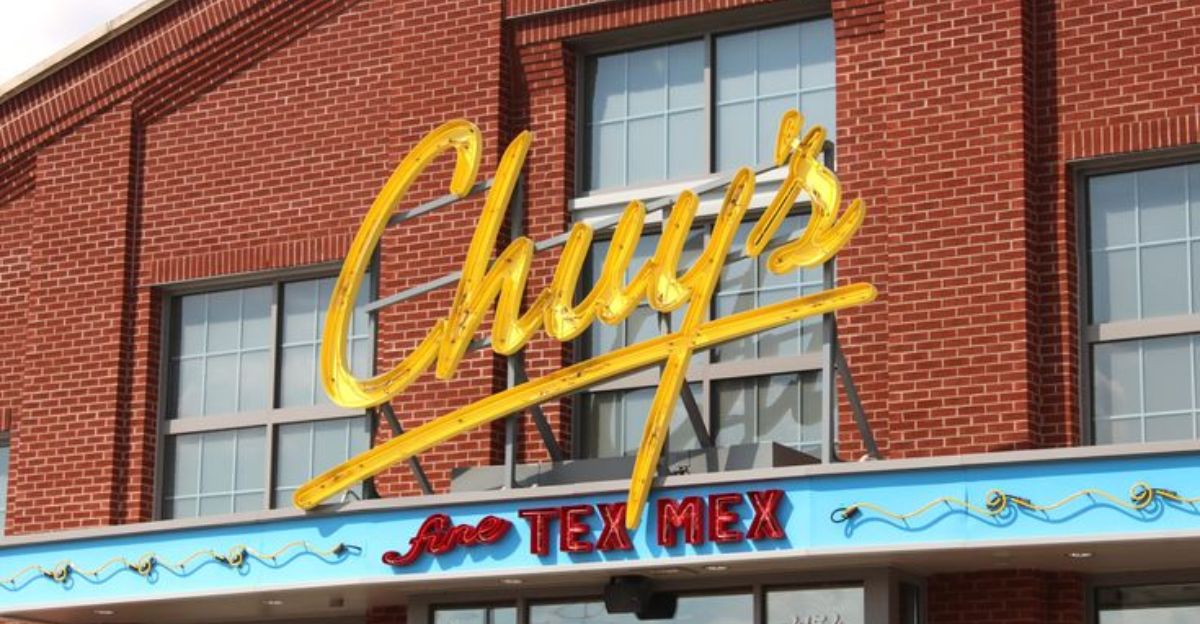
Following the restaurant’s cheerful attitude and creative branding around the restaurant, most customers are unhappy with food and service at Chuy’s. Customers complain about dry tacos, old chips and wait time.
Angry customers are displeased with what seems to be an inappropriate melding of flashy advertising and shallow delivery, suggesting a brand is overstyling without investing in brand content.
Chuy cautions against establishing a reputation for reliable food quality and client happiness since this can erode confidence and encourage repeat business.
7. Moe’s Southwest Grill
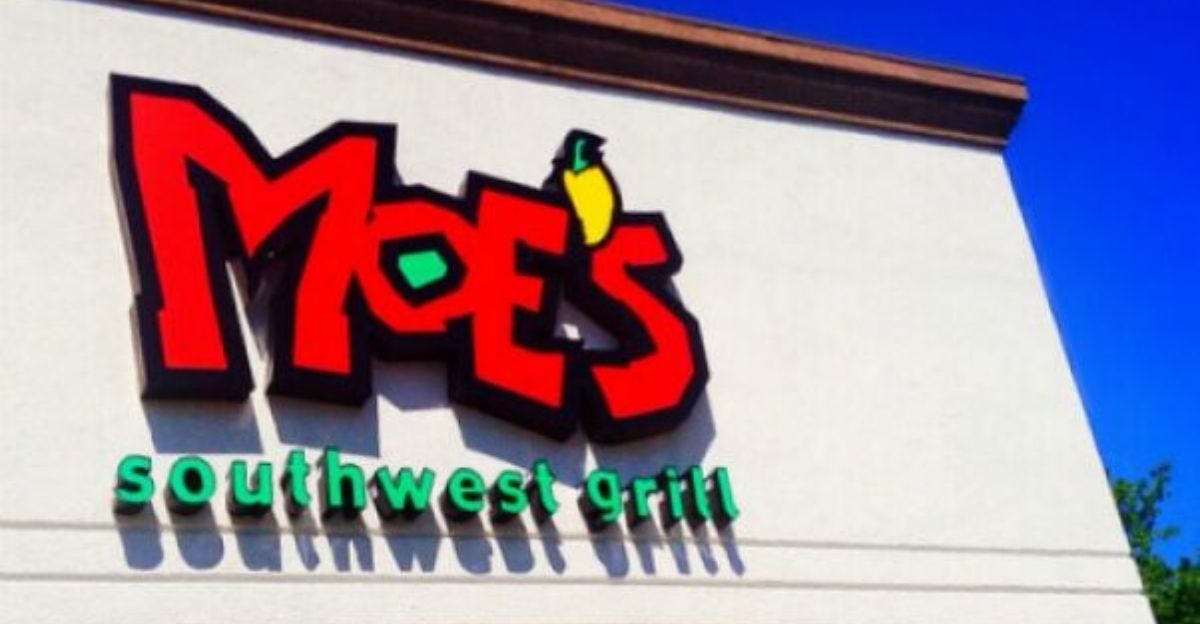
Moe’s Southwest Grill serves boring and unflavored Tex-Mex.And because of the chain invariable service, it doesn’t help to merge the flavors of Mexican cuisine with the American fast-casual concepts, and dilute the culinary experience.
Moe’s demise emphasizes the value of authenticity and distinctive quality in ethnic cuisine franchises and serves as an illustration of how trying to serve everyone ultimately serves no one.
8. Del Taco
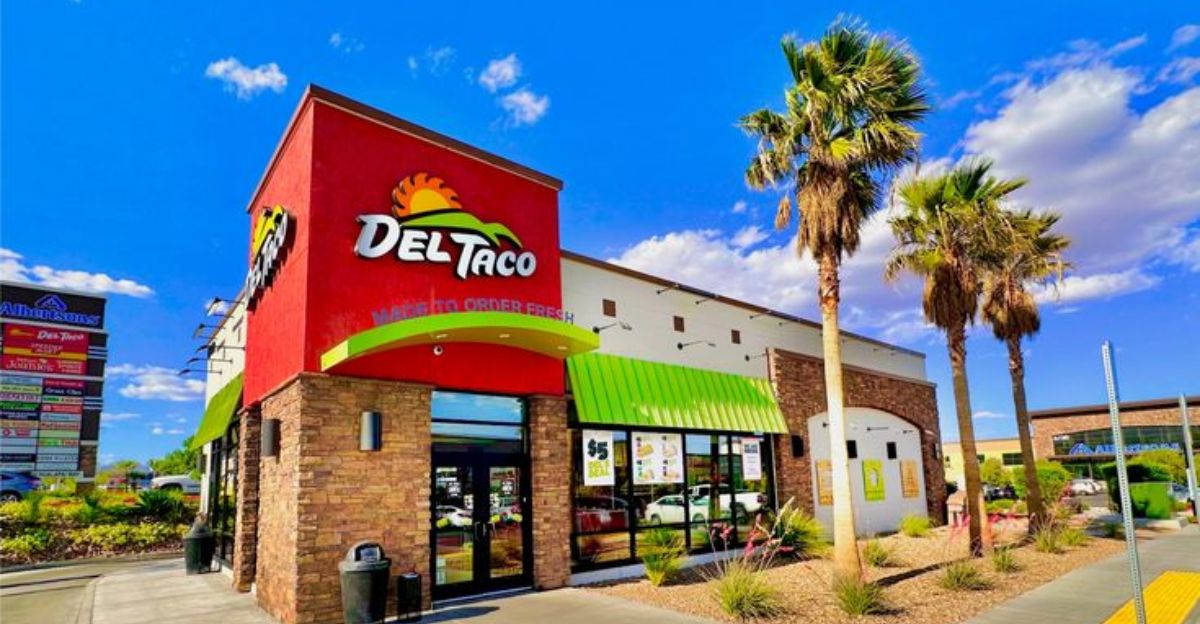
With more than 600 stores struggling financially and multiple closures due to rising inflation and labor shortages, there have been reports of declining quantities of food and service. Customers have stated that food quality and service have worsened and found menu items “uninspired, flat, and too bland to be enjoyable.
“Del Taco’s travails illustrate how economic pressure can cause chains to cut costs, further disenchanted consumers already cynical about fast-food Mexican offerings. The chain’s performance represents the fine line between price and quality in a competitive market.
9. Baja Fresh
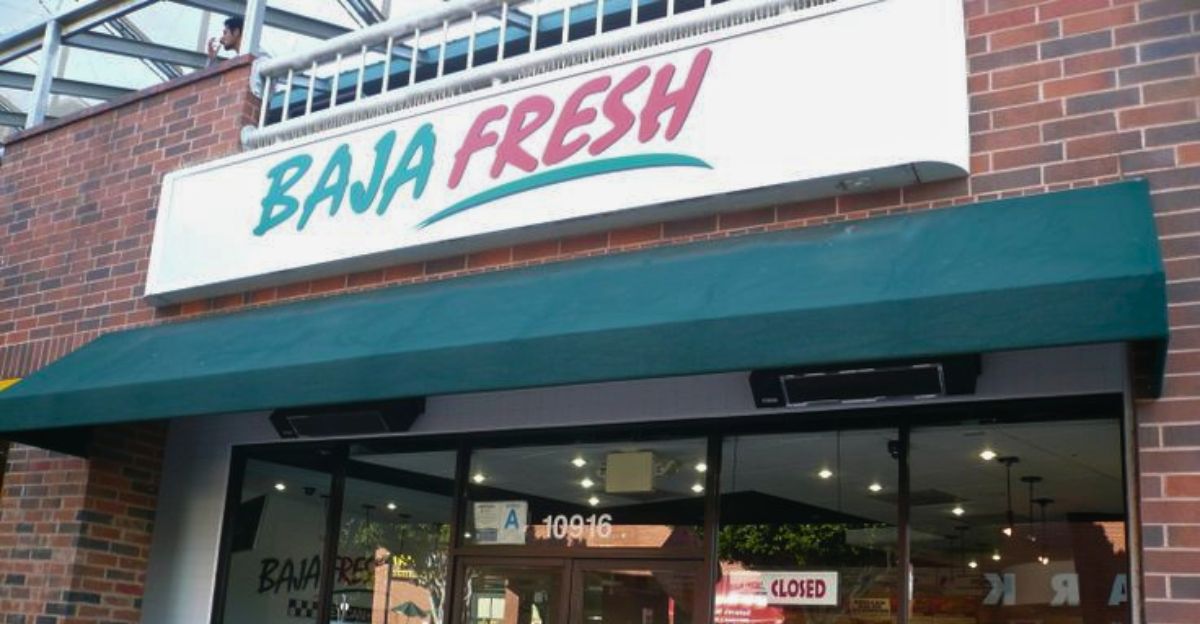
Baja Fresh used to offer healthy, fresh Mexican food, however these days their menus are unimpressive and their quality is unpredictable. The majority of stores deal with bland flavors that fall short of the original brand promise and low ingredient freshness.
This trend has been with larger industry issues, where scaling freshness without good quality controls disappoints consumers. Baja Fresh’s case warns of the pitfalls of maintaining culinary excellence in fast-casual chains
10. Taco John’s
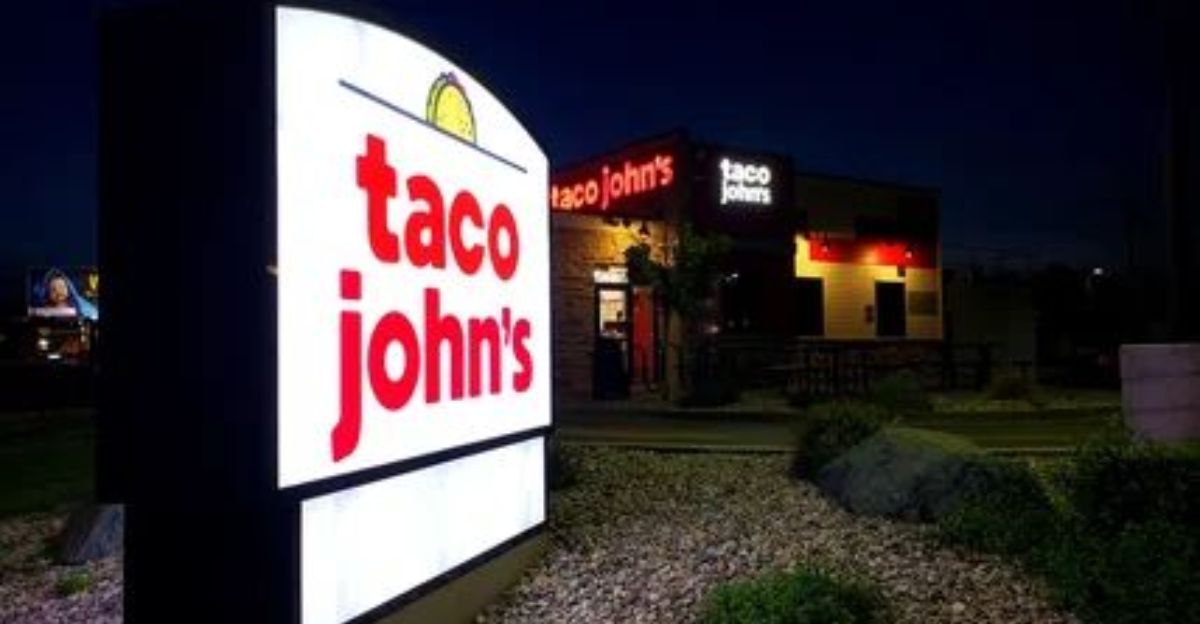
Customers regularly criticize the local chain Taco John’s for its out-of-date menu offerings and inability to adjust to changing tastes. Compared to the competition, many people say the food is uninspired and the flavor profiles are flat.
The chain has not innovated or modernized and is losing popularity as consumers will find fresher, more authentic alternatives elsewhere. Taco John’s shows how relying too much on heritage and tradition and not adapting their program to serve the new market can lead to brand stagnation and customer loss.
Rubio’s Coastal Grill
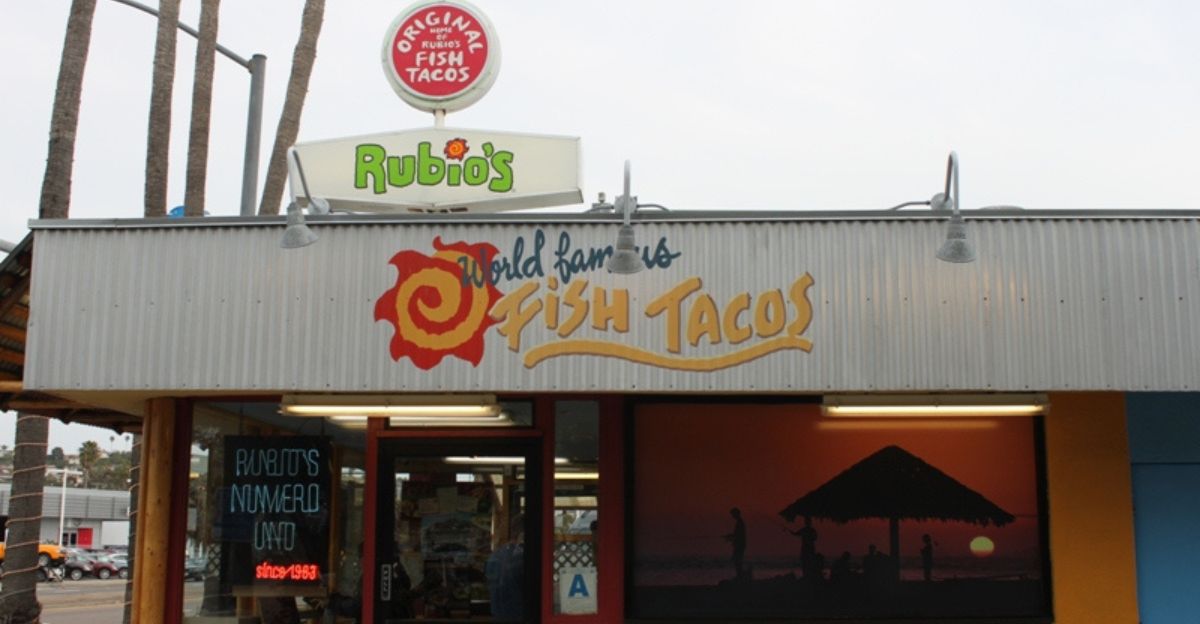
Rubio’s Coastal Grill gained credibility for its fish tacos and freshness, but no longer has consistency.
Many diners report that the restaurants vary widely from site to site, and some dishes are tasteless or not fresh. Rubio’s is a premium-priced proposition that often underdelivers, leaving its customers feeling let down.
To the chain’s shame, it can’t even maintain beach-fresh standards, making it a lousy destination for fans of reliable Mexican seafood.
El Torito
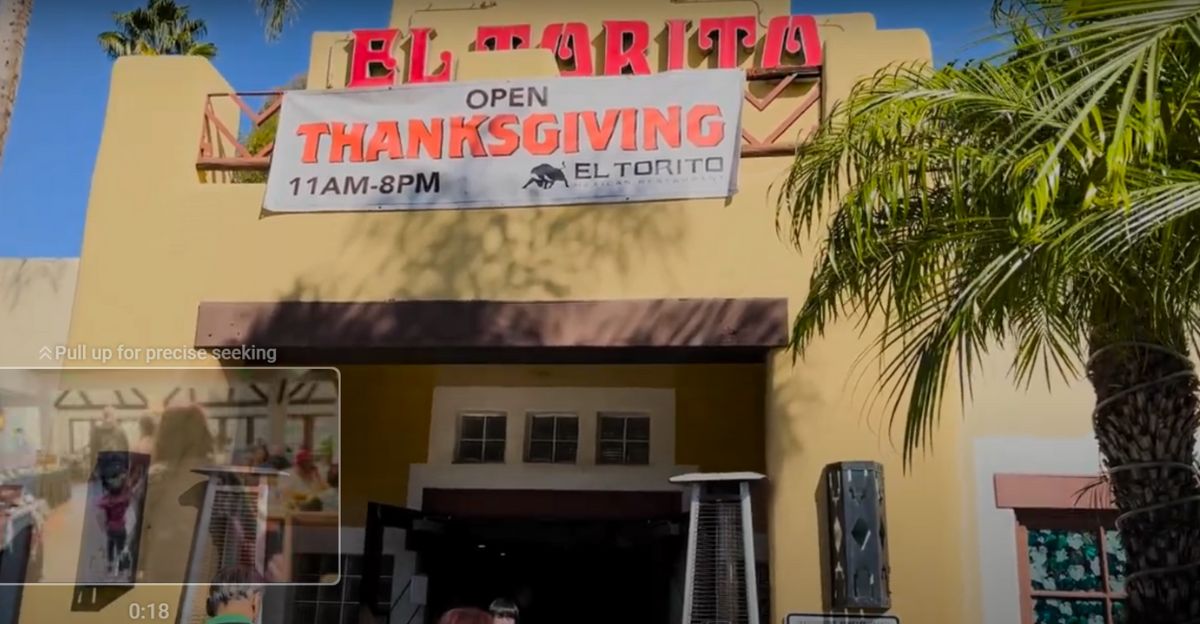
El Torito, a veteran Mexican restaurant, is having a challenging time. Once a destination for Mexican-themed fun and Tex-Mex classics, El Torito has come under scrutiny for unclear and unimaginative menus, and food quality is lacking.
Not only has El Torito’s failure to modernize affected its consumer base, particularly as younger consumers are unable to conjure any positive associations, but also by putting the brakes on operational efficiencies, and in turn introducing variances in service, has sent El Torito into the hall of shame.
Chevy’s Fresh Mex
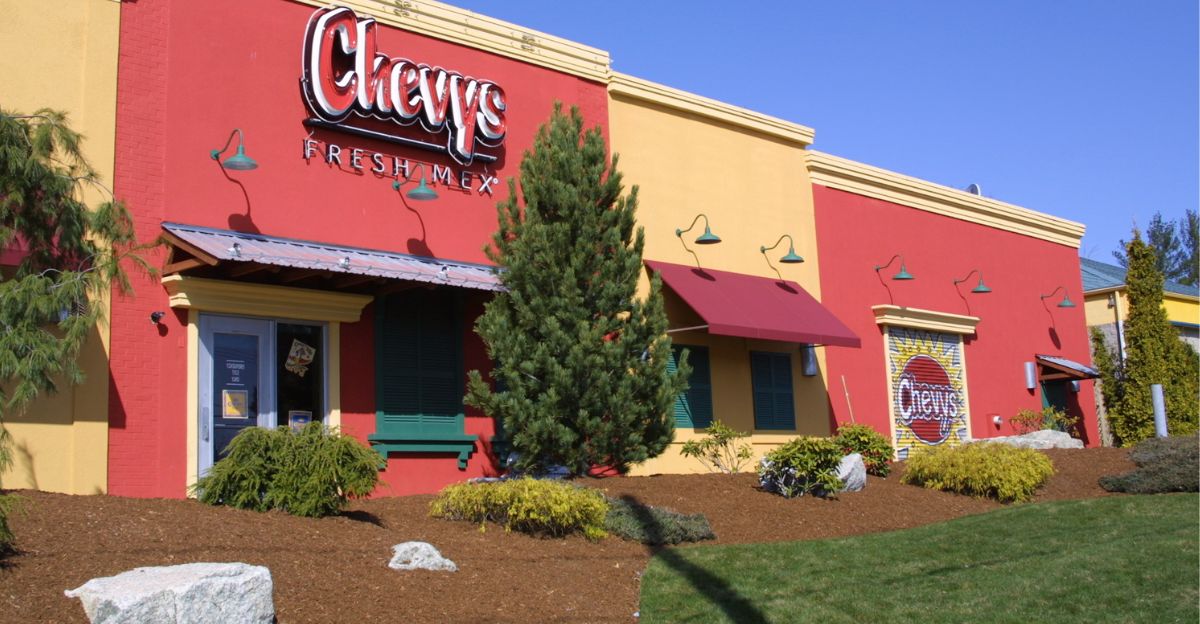
Chevy’s Fresh Mex used to inspire respect due to its fresh ingredients and party atmosphere, yet current reviews point to tasteless food and slow service.
Patrons commonly label the menu as unimaginative, lacking bold flavors that make Mexican food truly great. Even as it tries to update its image, Chevy fails to stand out from the competition, leading to lagging customer loyalty.
La Salsa Fresh Mexican Grill

La Salsa Fresh Mexican Grill offers a menu full of customization but lacks authentic flavor. Patrons frequently describe DesLa Salsa Fresh Mexican Grill as having a limited menu for a chain, without much variety, though the options are relatively customizable; the only problem is that it doesn’t have the authentic taste.
Customers often refer to its food as bland, with repetitive flavor profiles that pale by comparison with authentic Mexican dishes. It’s chainlike, so obviously the air is sterile, and the entrees are creatively lacking.
Cafe Rio Mexican Grill
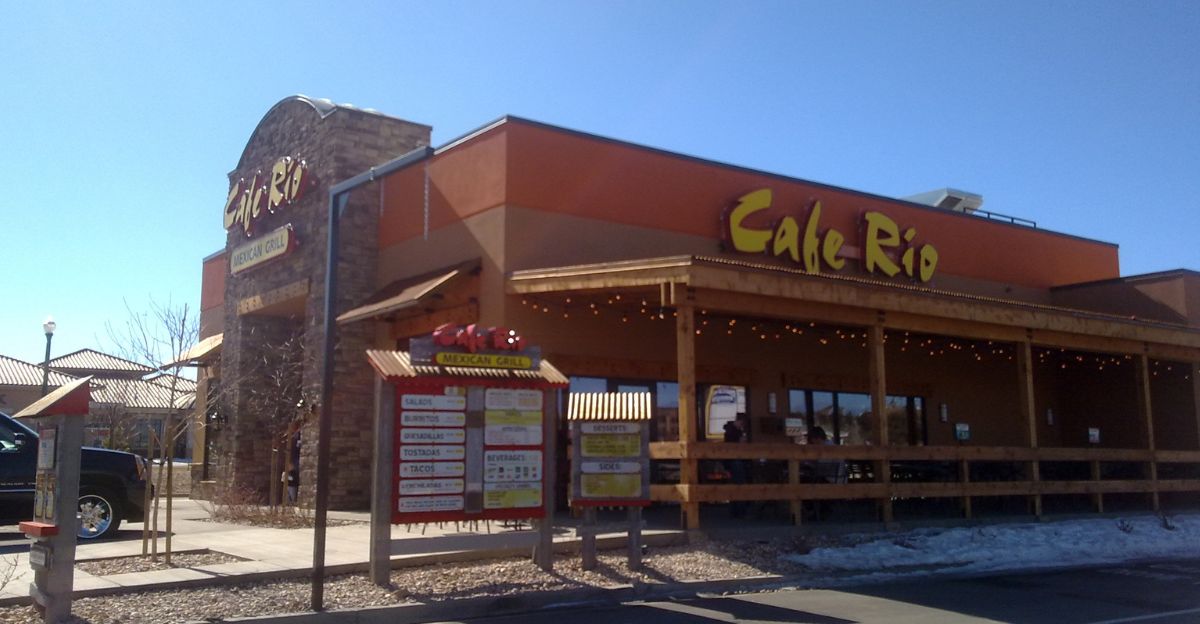
Cafe Rio is popular in local culture, but continues to suffer from a bland menu and inconsistency. Customers say the food tastes old and not fresh, and some restaurants serve food. But because that is not a fresh chain that relies on a small handful of choices, it doesn’t appeal to the most daring eaters.
La Salsa cannot be counted on to maintain consistency between chains, which detracts from its standing as an option for fans of Mexican food.
Freebirds World Burrito
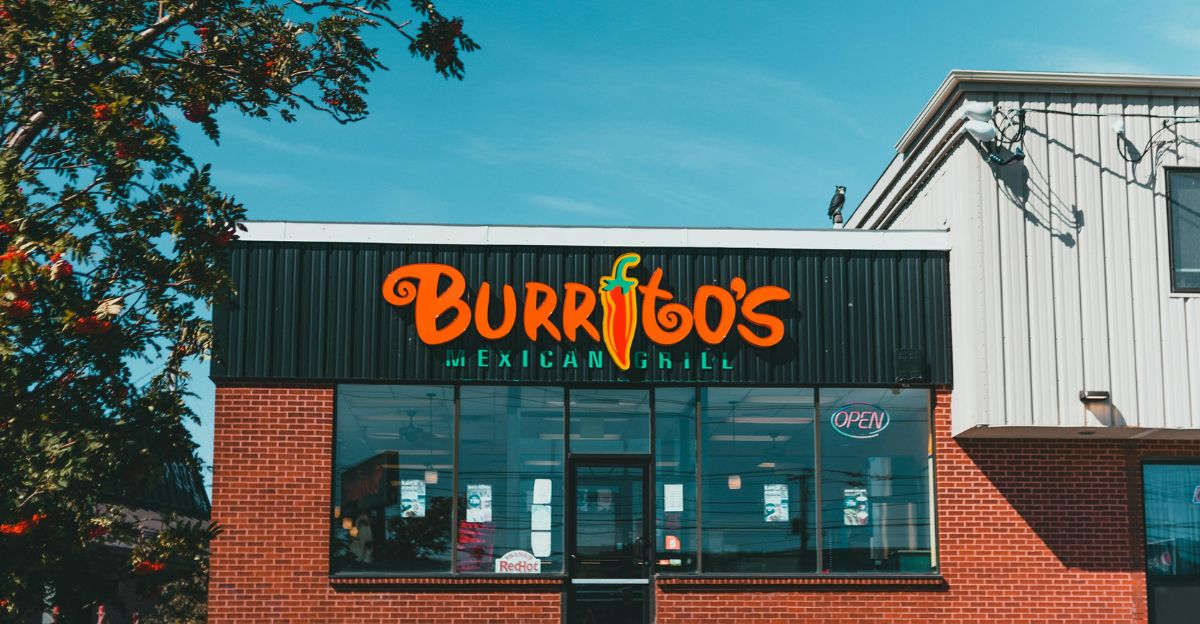
Freebirds World Burrito is well-known for giant portions and a build-your-own strategy, but patrons complain of far too salty, oily food. The chain’s focus on quantity, occasionally at the sacrifice of balance and flavor complexity, results in dense and coarse-tasting meals.
Engaging as Freebirds might be for customers looking for big, satisfying meals, it disappoints diners looking for genuine, richly flavored Mexican food, holding back the chain’s broader appeal.
Taco Cabana
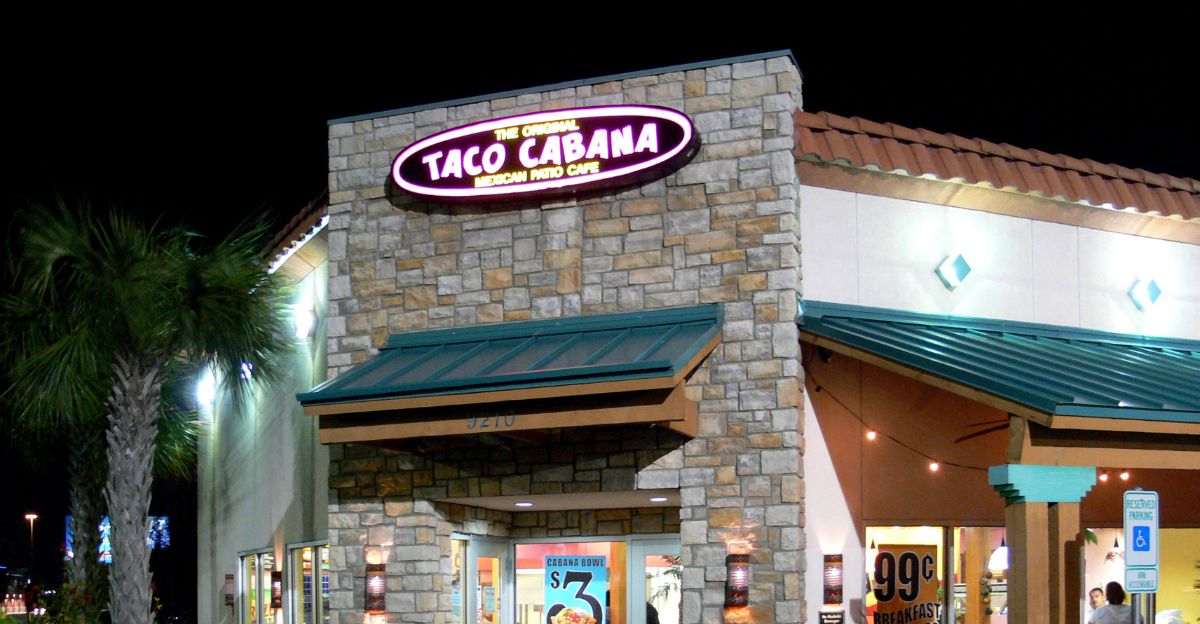
Taco Cabana has a loyal Southwest base but struggles with slow service and inconsistent food quality. Customers praise its casual atmosphere but repeatedly fault it for long waits and inconsistent preparation.
The chain’s regional focus limits national penetration, and operating issues obscure expansion. Taco Cabana’s failure to equal customer satisfaction with expansion demonstrates how difficult it is for smaller chains to equal national companies.
Taco Bueno
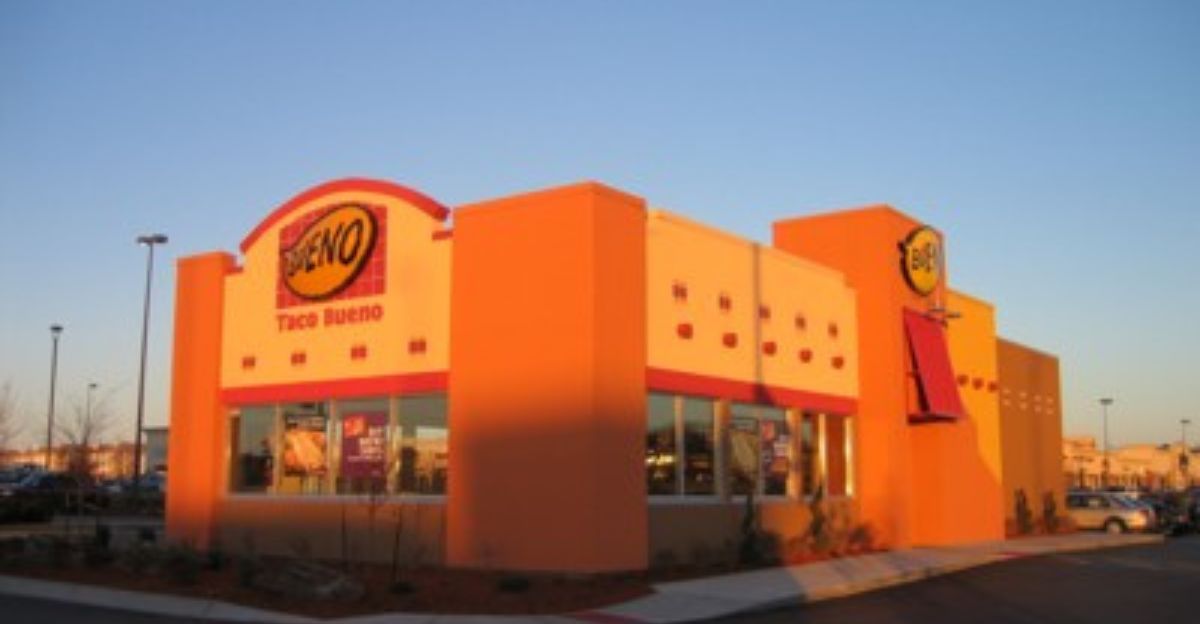
Taco Bueno offers affordable Mexican fast food but often faces criticism for food freshness and quality control. Customers raise issues with soggy tortillas, bland fillings, and uneven seasoning. Although the chain has a great price value, its sacrifice of culinary values whittles it down to nothing regarding a value proposition.
Taco Bueno’s problems represent the universal challenge of balancing cost-effectiveness and quality to access the Mexican fast-food market properly, which can be achieved at a discount to the customer experience.
El Pollo Loco
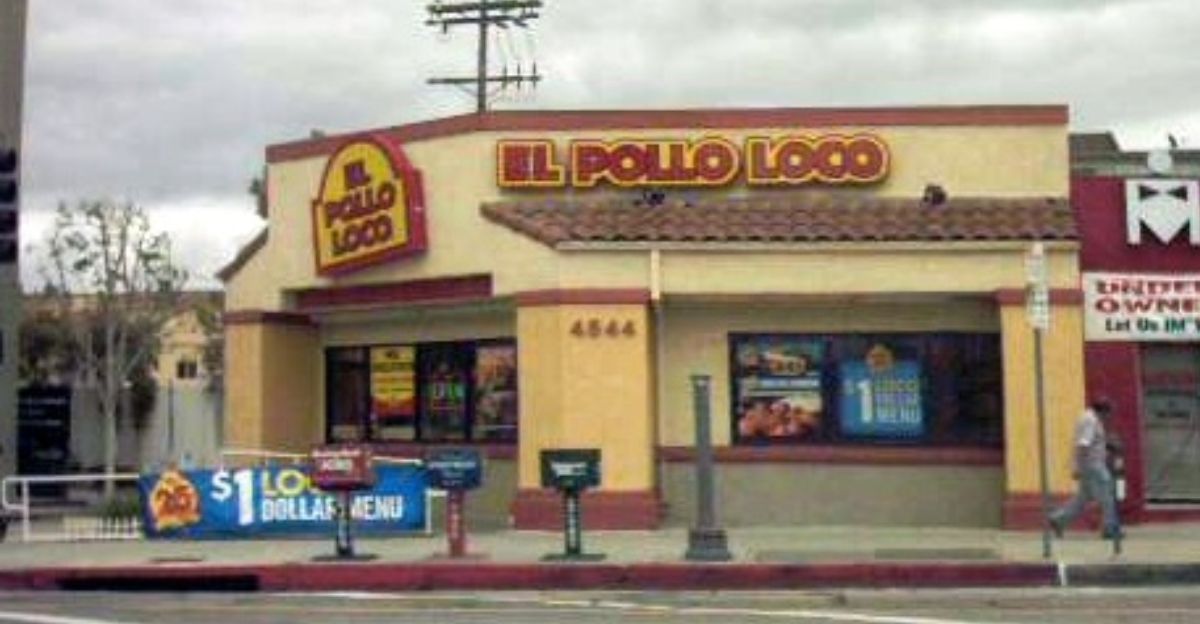
While El Pollo Loco has a grasp on flame-grilled chicken, it habitually runs into the same challenge of having a limited and undiverse menu. Consumers describe the sides as boring and an overall below-average dining experience.
While the chain’s chicken is well done, its consumers want the whole Mexican dining experience, and being so single-minded hampers the business. With little to no change to its offering, El Pollo Loco struggles against the competition in an overcrowded market.
Salsarita’s Fresh Mexican Grill
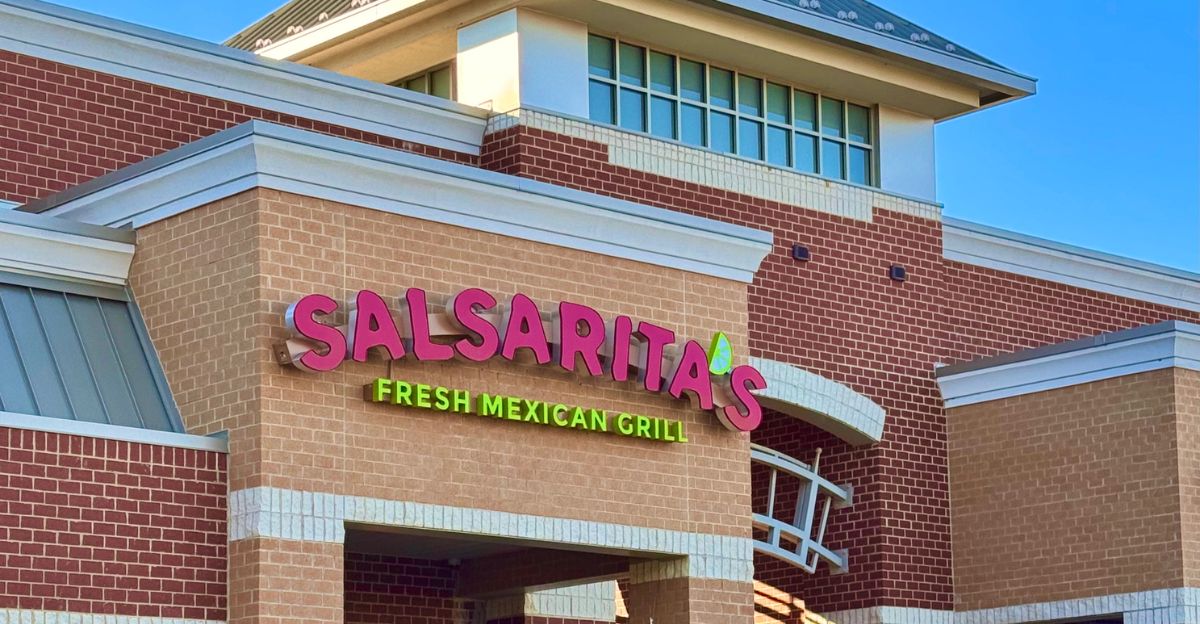
Salsarita’s Fresh Mexican Grill professes to provide fresh, bold flavors, but those flavors are never consistent among locations. It should be no surprise that customers are confused by the differences in seasoning, portion sizes, and freshness of ingredients, all of which yield very different dining experiences.
Salsarita’s failure to sustain a reputable quality undermines customer trust and will ultimately cause a drop in repeat visits. Salsarita’s incompetence exhibits the complexities of working in the fast-casual Mexican dining space without losing your food cred.
Discover more trending stories and Follow us to keep inspiration flowing to your feed!

Craving more home and lifestyle inspiration? Hit Follow to keep the creativity flowing, and let us know your thoughts in the comments below!
